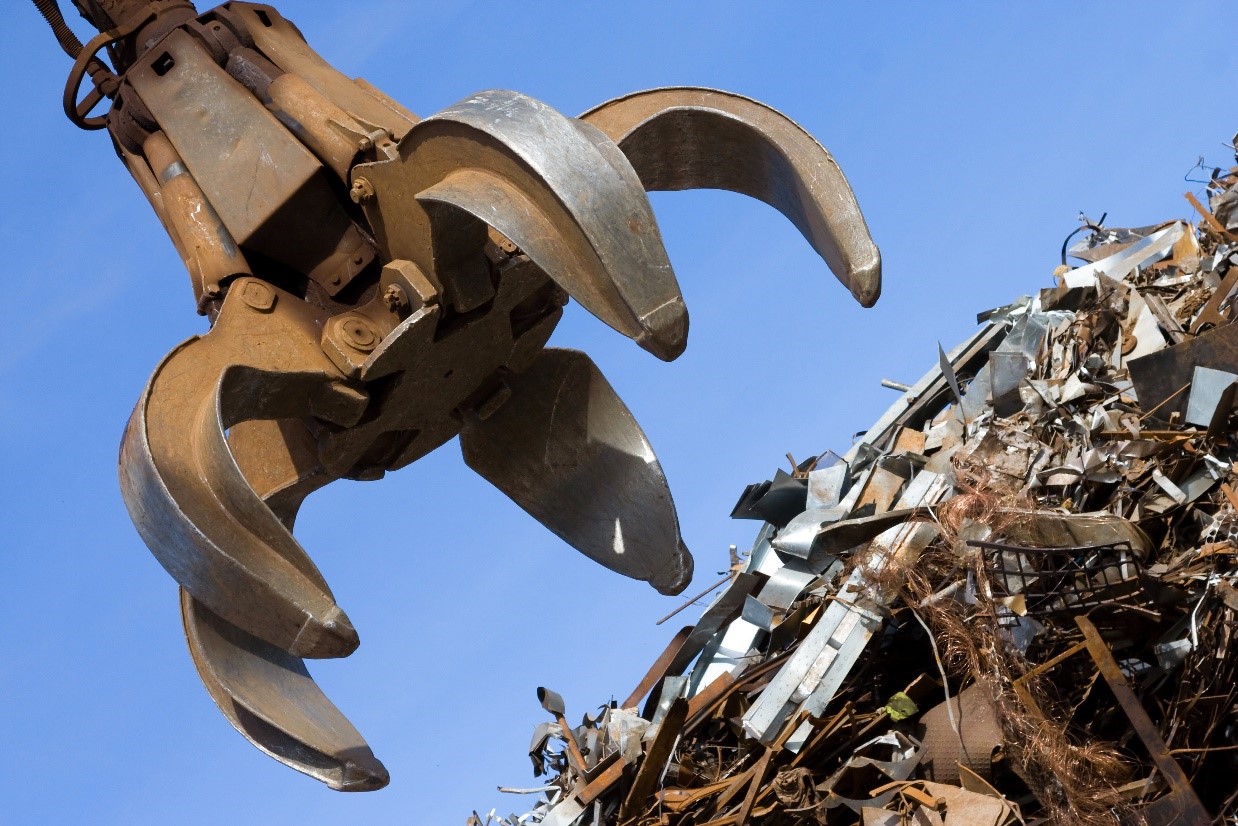We’ve talked about different types of metals here at Morecambe Metals, and each have their own properties and characteristics. One of the prized characteristics in metals is their strength, as it allows them to be used in a variety of applications, settings and industries.
So, have you ever wondered why steel, for example, is often used in the transportation and infrastructure sectors? And why are some metals tougher than others? In this article, we are taking a look at the world’s strongest metals and how they compare to each other when it comes to strength and endurance.
Defining Strength in Metals
But what exactly makes a metal strong? Before talking about the strongest metals, it’s important to understand that there are several ways to measure the strength of a metal; in addition, those definitions are important to understand this property.
Tensile Strength – This measures a metal’s resistance to being stretched or pulled apart.
Compressive Strength – Also defined as ‘hardness’, this property refers to the metal’s capacity to withstand being compacted or squeezed. The Mohs scale of hardness is often used to measure this.
Impact Strength – How well a metal can resist sudden impact energy without fracturing, breaking or shattering.
Yield Strength – This refers to the ability to resist deformation and is measured by how much strength is needed to bend a metal. A crucial feature in structural engineering.
Metal alloys tend to be stronger than metals in their pure form, but that doesn’t mean certain metals aren’t already strong to begin with. In fact, they are chosen to be alloyed with other elements especially because of their properties, which includes their strength. This is true whether a metal presents tensile, impact, compressive or yield strength.
Steel
An alloy of iron and carbon, steel is also one of the most commonly used materials today, with over 1.6 billion tonnes produced annually around the world. This alloy is widely utilised in buildings (such as the Eiffel Tower), vehicles, airports, bridges and even kitchen utensils. Steel tends to have a high degree of tensile strength and is also incredibly durable. The properties of steel has made it a very popular material since the 1880s.
Stainless Steel
This material is an alloy of steel, chromium and manganese, and not only has a high level of resistance to corrosion, but also offers a yield strength of up to 1,560 mega pascals. Stainless steel also has a high degree of tensile strength and is resistant to impact as well.
Titanium
This metal is known for its low density and high strength and has the highest tensile strength-to-density ratio when compared to other metals. Steel that has undergone heat treatments, however, can be harder than titanium. Titanium alloy is both strong and lightweight, making it an excellent material for the aerospace industry (especially when combined with its corrosion-resistance properties).
Tungsten
Tungsten is found in the form of chemical compounds. While it has the highest tensile strength of any naturally-occurring metal, it’s often combined with steel and other metals to create even stronger alloys. Tungsten carbide, an alloy of tungsten and carbon, is used to produce knives and drills, for instance, and is a crucial component of sectors such as mining, construction and oil. In this pure form, tungsten is very brittle and can easily break.
Iron
While certainly not the strongest metal on Earth, iron is still a metal with a high level of yield and tensile strengths. Iron is one of the most commonly used metals as well, often found in metallurgy and recycling, and is one of the main components for many types of alloy, including cast iron and carbon steel.
Chromium
In terms of compressive strength, chromium is one of the toughest metals around, scoring a 9.0 on the Mohs scale for hardness. However, it’s also very brittle, so it often needs to be alloyed with other metals; in its pure form, chromium is not the best choice for applications that require a lot of tensile and yield strength.
There are simply too many metals and alloys to name, but this is a good starting point regarding the strongest metals in the world. We work with several different metals, from iron and copper to steel and nickel, and we have many years of experience in the industry. Looking for demolition scrap services, scrap metal recycling or scrap metal collection? Get in touch with Morecambe Metals and we’ll be more than happy to help.



